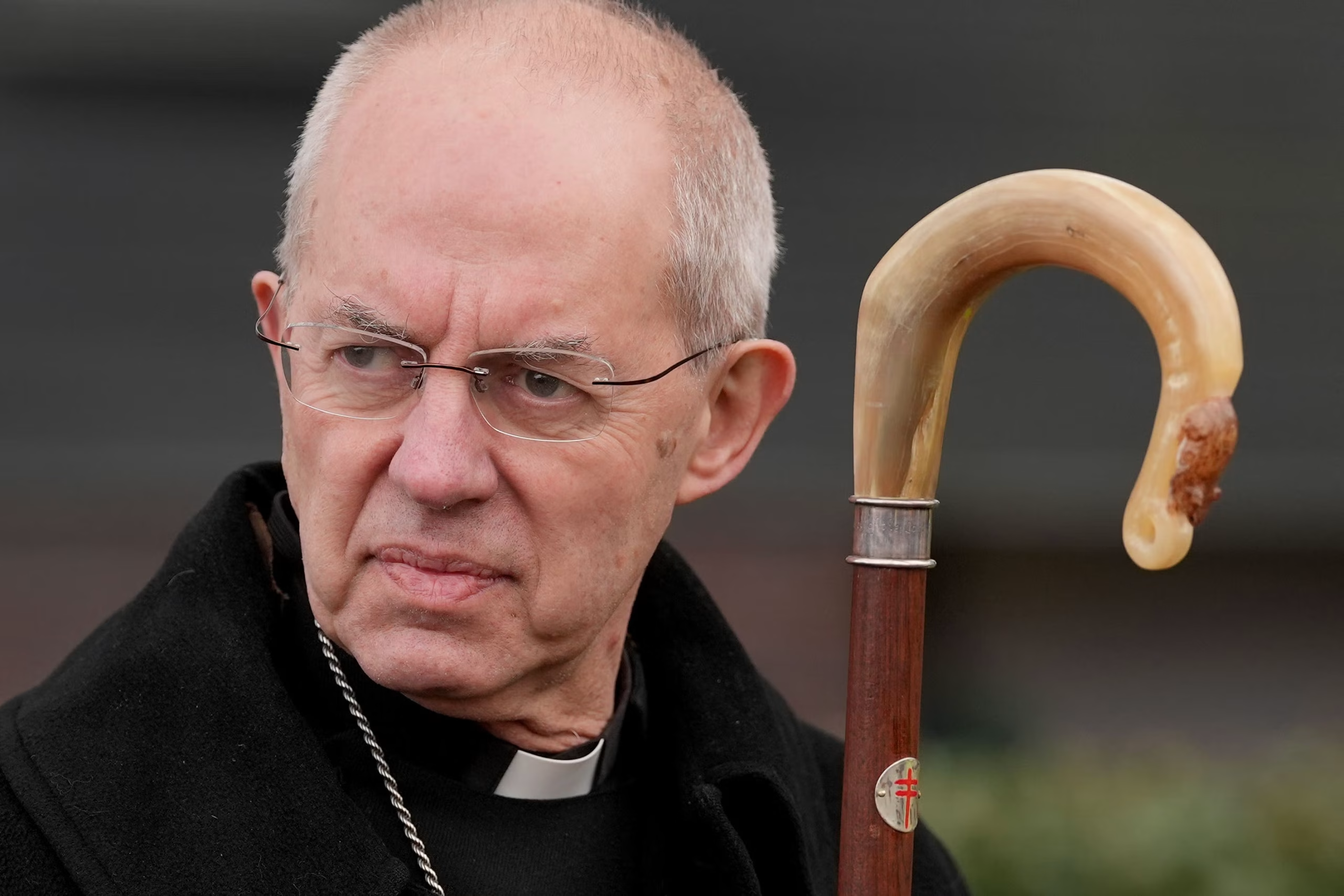
Justin Welby Apologizes to Abuse Survivors Over Hurtful Speech. Archbishop of Canterbury Justin Welby has issued a public apology to abuse survivors who felt distressed and hurt by remarks he made during a recent speech. The incident has highlighted ongoing tensions around the Church of England’s handling of abuse allegations and the sensitivities involved when addressing the needs and experiences of survivors.
The Controversial Speech
The Archbishop’s comments, delivered during [insert event or context], drew criticism from survivors who described them as dismissive and lacking empathy. While the exact wording of his remarks has not been universally agreed upon, many survivors felt the speech minimized the impact of abuse and failed to reflect the Church‘s responsibility for past failures.
Survivor advocacy groups, along with individuals directly affected by abuse within the Church, were quick to respond. Some accused the Archbishop of perpetuating a culture of insensitivity that has long plagued the Church’s efforts to address the issue. Others expressed disappointment, stating that they had expected more compassion and understanding from one of the Church’s most senior figures.
Archbishop Welby’s Apology
In response to the backlash, Justin Welby issued a formal apology. In his statement, he expressed deep regret for any hurt caused by his words and reiterated his commitment to supporting survivors and ensuring the Church remains a safe place for all.
Justin Welby sorry for hurting abuse
“I am deeply sorry for the pain my words have caused,” Welby said. “It was never my intention to diminish the experiences of survivors or to undermine the Church’s commitment to addressing abuse. I have heard the voices of those who felt hurt, and I recognize the need to do better in both my words and actions.”
Welby emphasized that he values the feedback from survivors and advocacy groups, acknowledging that their perspectives are crucial in shaping how the Church moves forward.
Survivor Reactions
Despite the apology, reactions from survivors have been mixed. Some have accepted the Archbishop’s expression of regret, viewing it as a step in the right direction. Others, however, remain skeptical, citing a history of unfulfilled promises and a perceived lack of meaningful action from Church leadership.
One survivor, speaking anonymously, stated: “An apology is always welcome, but we need to see actions that back up the words. Survivors like me have been hearing apologies for years, but we need to feel safe, supported, and respected. That hasn’t always been the case.”
Advocacy groups echoed these sentiments, urging the Church to go beyond words and implement tangible changes. They pointed to ongoing issues, such as inadequate support for survivors, a lack of transparency in handling abuse cases, and a need for stricter accountability measures within the institution.
Broader Implications
This controversy comes at a time when the Church of England is under intense scrutiny for its handling of abuse allegations. In recent years, numerous reports have revealed systemic failings, including the mishandling of complaints, inadequate safeguarding measures, and a failure to prioritize survivors’ needs.
Justin Welby himself has previously been vocal about the Church’s failings in this area, calling for reforms and acknowledging the pain caused by institutional negligence. His latest comments, however, have raised questions about the consistency of his messaging and the Church’s overall commitment to addressing these issues.
The Archbishop’s apology also underscores the delicate nature of discussing abuse within religious institutions. Survivors and their advocates have long called for Church leaders to approach such conversations with greater sensitivity, ensuring that their words validate and affirm the experiences of those affected.
The Path Forward
Moving forward, the Church of England faces a significant challenge in rebuilding trust with survivors and demonstrating a genuine commitment to change. Advocacy groups have outlined several key steps they believe are necessary, including:
Improved Safeguarding Protocols: Strengthening measures to prevent abuse and ensure prompt and fair handling of complaints.
Survivor Support: Providing adequate resources, counseling, and platforms for survivors to share their stories without fear of dismissal or retribution.
Institutional Transparency: Publishing detailed reports on abuse cases and the Church’s response to them, allowing for greater accountability.
Welby’s apology, while a necessary step, must be accompanied by concrete actions that address the systemic issues survivors have long highlighted. For many, the real test lies not in words but in the implementation of lasting reforms.
Conclusion
Justin Welby’s apology for his speech marks another chapter in the Church of England’s ongoing efforts to reckon with its past and present handling of abuse. While the apology is a step toward reconciliation, survivors and their advocates will be watching closely to see if it leads to meaningful action. For the Church, the path forward requires a commitment to listening and acting—a combination that will determine its ability to heal and rebuild trust with those it has hurt.
Source: BBC
In other news – Serena Williams hits back at haters over skin bleaching rumors
Serena Williams Responds to Skin Bleaching Rumors Amid Criticism. Serena Williams, tennis legend and global icon, has publicly responded to accusations about her appearance amid rumors suggesting she might have been involved in skin bleaching.
The rumors have sparked widespread attention, with many social media users commenting on the changes in Williams‘ complexion over recent years. The 23-time Grand Slam champion wasted no time in addressing these allegations, firmly rejecting the claims and taking a stand against body shaming. Read more












